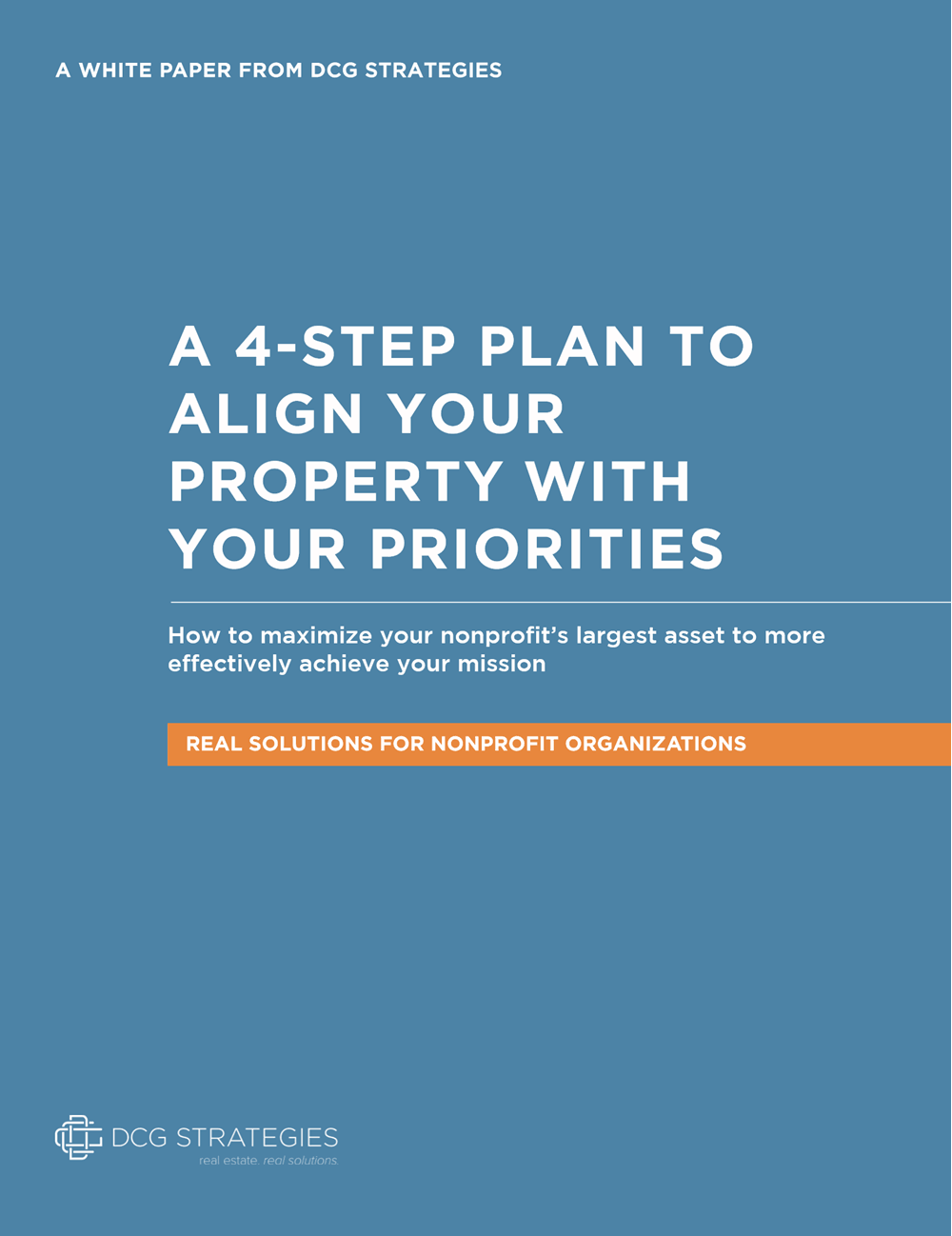Every small business owner makes thousands of decisions every year, from who to hire to how to implement policies and procedures. Often, one decision can have a powerful, far-reaching impact.
If you own a preschool, where you run your business and the image it has within the public matters. Whether you’re looking to expand or move to a new location, it’s important to think the process through carefully. To increase the odds of a successful expansion or relocation, here are three real estate tips.
Start Early
You can never begin the real estate research process too early. Waiting too long leads to limited options, rushed decision-making and a weaker negotiating position. Whether your preschool’s growth requires a relocation or a secondary location, start considering your real estate opportunities 18 months before you need to make a final decision.
Conduct research into how many families with young children live in the area in which you’re considering expanding. Speak with enrolled families about their willingness to travel to a new location. Start the conversation with your landlord, too. Lease negotiations are often stressful regardless of the situation.
Understand Market Rate
Before deciding whether to expand on-site or relocate, you need a clear understanding of the market rate and what is incorporated in that rate. For instance, does it include outdoor space, parking, expenses, etc.?
Preschools often acquire space through unconventional methods, such as operating out of a home or leasing space from a neighborhood church. If you own a preschool that operates out of a church, consider that many church leaders lack real estate knowledge and often lease space at relatively inexpensive rates, so relocating could be costlier than you think.
Another common mistake preschool owners make is not accounting for how much time has passed since they signed the lease. The real estate market is fluid. Assuming the market rates are the same as when you signed the lease can not only lead to overpaying for space but also to not having the financial resources to expand.
Contact the Planning Department
There might be a variety of properties that appear to be perfect for your preschool. But before signing a lease, contact the city (or county as needed) planning department to ensure that a preschool is a permitted or conditionally permitted use (CUP) at that address. Even if your preschool is moving into a property that was previously a school, you can’t assume all permits and approvals are still in place.
A CUP has renewal periods, which means it can be revoked if certain criteria are not continually met by the group operating at the site. Receiving approval for a new CUP can take anywhere from three to six months and can cost thousands of dollars in fees.
Working with an experienced broker is critical to understanding the real estate market, lease negotiations, zoning regulations and the steps to receive necessary approvals. The more information you have, the better equipped you will be for long-term real estate stability.






